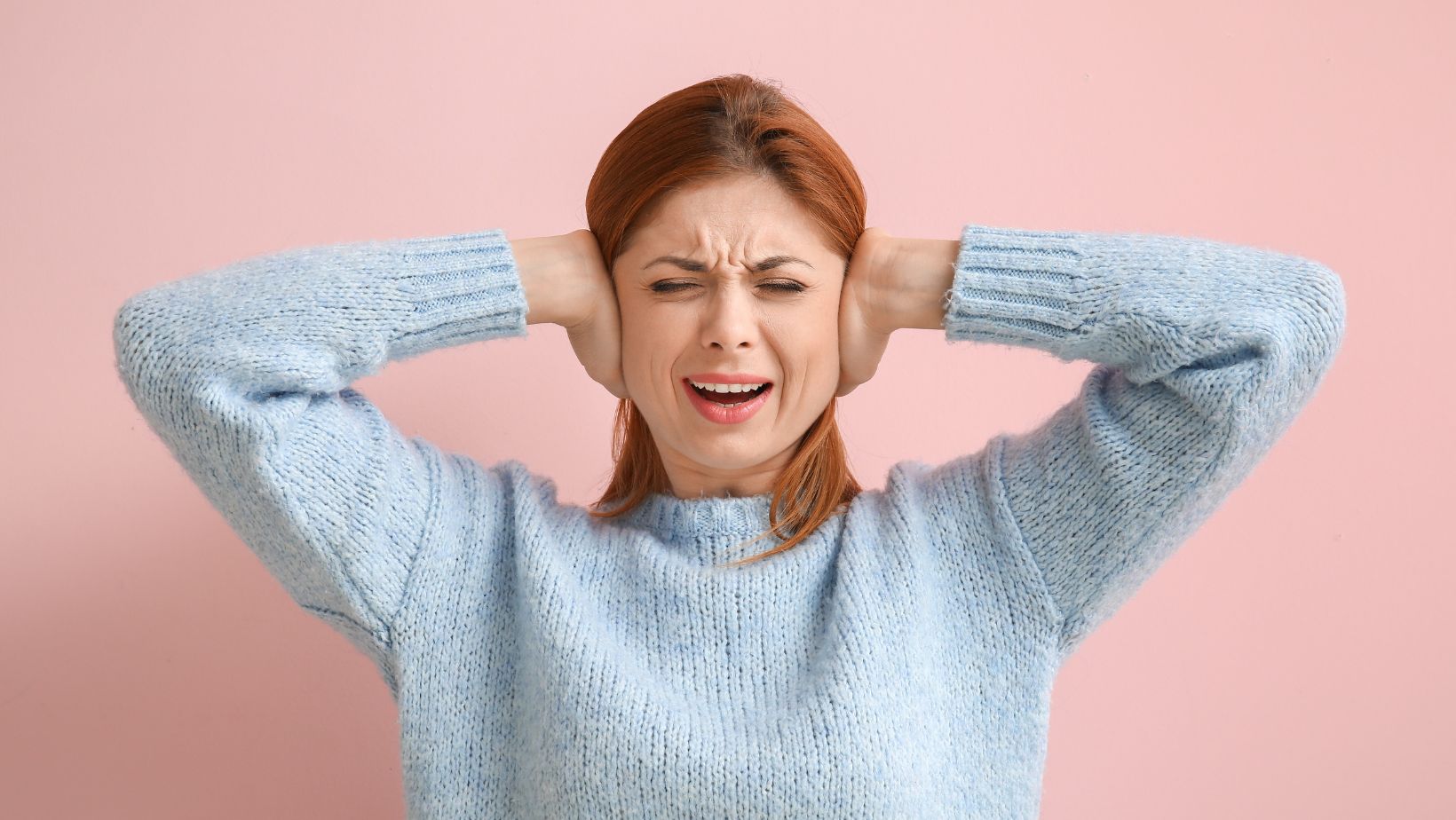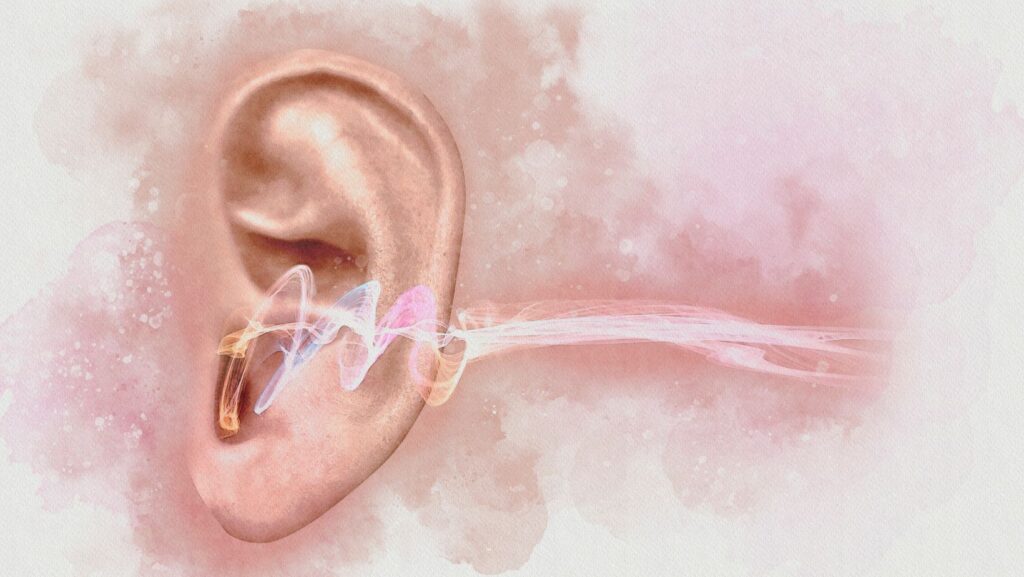Anyone who hears sounds in their ears when no external sound is present may have tinnitus. This condition is highly frustrating, mainly for those who experience these internal sounds continuously. Some say the sounds come and go, but they are still irritating.
Relief is needed, and many people benefit from tinnitus retraining therapy. However, other treatment options may also need to be considered. Individuals struggling with this condition should schedule a hearing test to learn the cause and how to treat it.
What is Tinnitus?
For many people, tinnitus is a sign of hearing loss. The person might hear ringing noises, or it could be a chirping or hissing sound. Wooshing and swishing are other sounds that a person might hear, or this noise might be continuous humming.
These sounds might be a minor irritation or severe and interfere with daily life. Approximately 50 million individuals in America have this condition, which may come on suddenly. For some, however, it develops over time. People over 55 are more at risk, but a child could also have it.
Tinnitus Causes

Other potential causes include ear infections, a tumor, trauma to the head or neck, or otosclerosis.
Any person experiencing these symptoms must see a doctor. Tinnitus could indicate an underlying medical condition. Individuals with diabetes, thyroid issues, and low blood pressure might develop this condition. It is also seen in individuals with TMJ disorders or a damaged eardrum. An audiologist performs tests to determine the underlying cause and how to treat it.
Tinnitus Symptoms
Internal noises in the ears with no external sound are the most common tinnitus symptoms. However, there are other symptoms. A person might be unable to hear others clearly, leaving them frustrated. They may be tired because they aren’t getting enough sleep due to the internal noise. When a person can’t hear due to tinnitus, they won’t be able to enjoy social events fully and may be anxious or stressed. Depression is also a concern.
Tinnitus Types
Tinnitus has four basic types: Tonal tinnitus is the continuous presence of internal noise, while pulsatile tinnitus occurs in rhythm with the person’s heartbeat. Objective tinnitus is internal noises that others can also hear, which is rare. Mixed tinnitus occurs when a person hears more than one noise.
Treating Tinnitus
Tinnitus cannot be cured, but some treatments can minimize the symptoms and provide relief. An audiologist or hearing specialist examines the patient to determine how to treat hearing loss before it negatively impacts the individual’s physical and mental health. The patient might need hearing aids or benefit from sound stimulation to allow the brain to focus on sounds other than tinnitus. Hearing evaluations are required regularly to address any wax buildup that can amplify the symptoms. For those exploring treatment options, there are various hearing aids for sale online specifically designed to help manage tinnitus symptoms. These devices often include sound therapy features or white noise generators that can reduce the perception of ringing.

Any person experiencing tinnitus symptoms should make an appointment with their doctor immediately. Once the doctor rules out medical conditions, they may refer this person to an audiologist or hearing specialist. The audiologist will conduct tests to identify the underlying cause and create a treatment plan. For many, hearing aids are needed to address hearing loss. With the right treatment plan, a person can restore their hearing and have a higher quality of life.


